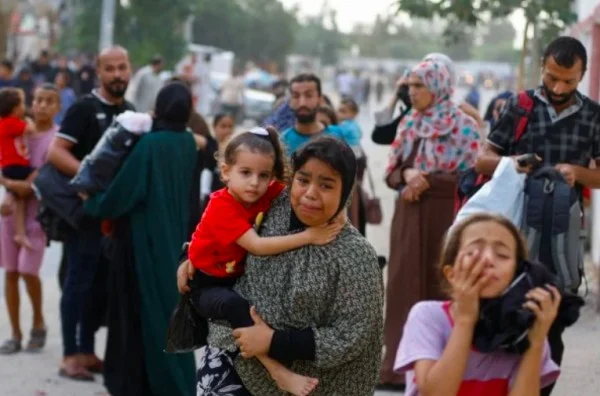As members of our Islamic charity team, we are always looking for ways to reduce administrative costs and operate more efficiently. Here are some specific strategies we have implemented to achieve this goal:
1. Leveraging technology: Our team has implemented various software solutions to automate tasks such as payment processing, donor management, and accounting. By relying on technology, we have been able to reduce the need for manual labor and minimize administrative costs.
2. Utilizing Local Trustees: Local Trustees are selected based on the local conditions of the region and the opinions and beliefs of that region. This leads to a more accurate selection process that considers the unique needs and perspectives of the community. the selected Local Trustees will have a better understanding of the community’s specific challenges and opportunities. They can bring valuable insights that may have been overlooked by volunteers who are not from the region. This, in turn, can lead to better progress and more accurate conclusions. using Local Trustees allows for a more tailored and effective approach to community engagement and development. It can also foster a sense of ownership and accountability among the community members, as they are directly involved in the decision-making process.
3. Negotiating with vendors: When working with third-party vendors, such as event planners or marketing firms, we negotiate to get the best possible rates. By doing so, we have been able to reduce the cost of these services and minimize overhead.
4. Monitoring expenses: We regularly review our expenses and identify areas where costs can be minimized. By implementing a budgeting process that includes regular reviews and adjustments, we ensure that our resources are being used efficiently.
5. Utilizing local resources: Our team has focused on utilizing local resources and local trustees to help reduce costs. By working closely with members of the community, we have been able to identify potential volunteers and donors who share our organization’s values and beliefs.
By implementing these strategies, we have been able to reduce administrative costs and operate more efficiently as an Islamic charity. We remain committed to our goal of a 100% donation policy, and will continue to explore new ways to achieve this goal while maximizing the impact of our efforts.












